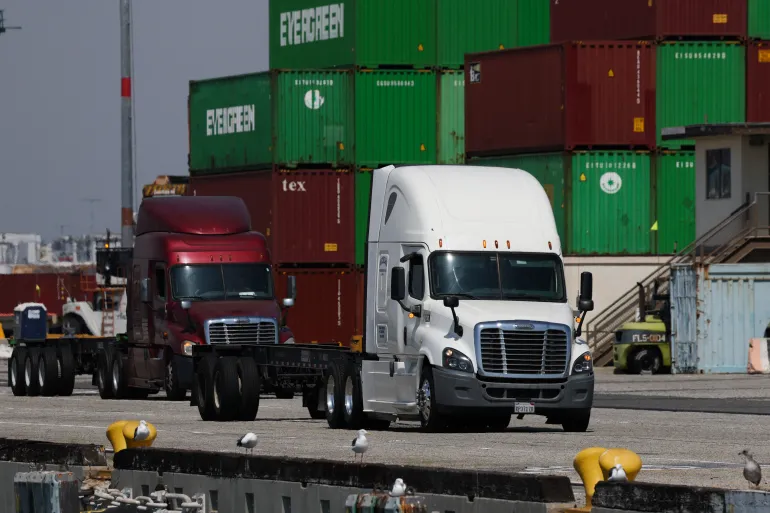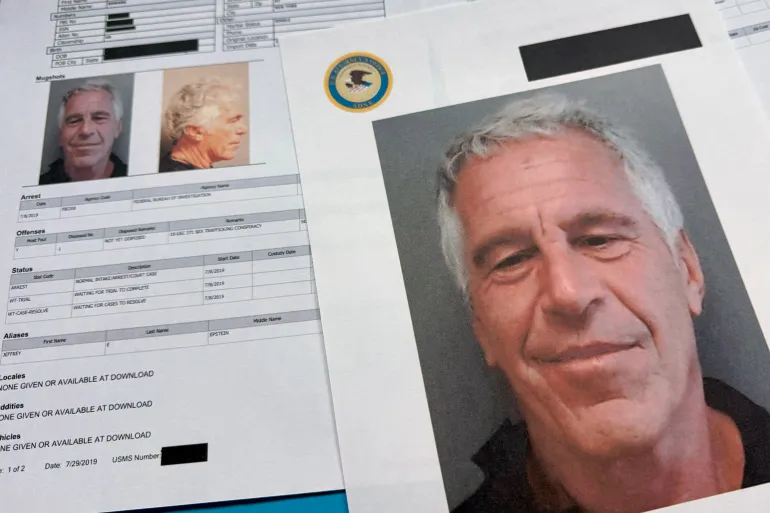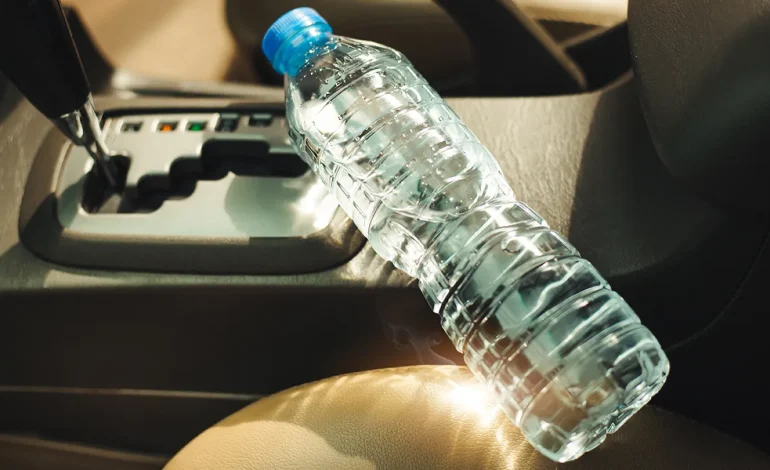We’ve all done it — left a plastic water bottle in the car on a hot day and come back hours later, parched, wondering if it’s still safe to drink. The short answer: probably fine in a pinch, but not something you want to make a habit of.
Here’s why.
Most single-use water bottles are made of a thin plastic called PET (polyethylene terephthalate). To the naked eye, plastic looks solid, but chemically, it’s more like a tangled net that slowly releases molecules — including chemicals and even tiny bits of plastic — over time. When bottles are exposed to heat and sunlight, that process speeds up.
A 2023 study tested common plastics under UV light and heat (around body temperature) and found they released microplastics and nanoparticles. By contrast, bottles stored in a cool, dark fridge released almost none.
Microplastics are everywhere — in food, clothing, and even the air — and research shows they can enter the liver, kidneys, lungs, brain, and even breast milk. Some plastics also contain phenols and phthalates, chemicals linked to fertility and developmental problems. But scientists admit the health risks aren’t fully understood yet.
So what does that mean if you sip from a hot-car bottle now and then? Experts say a single gulp probably won’t hurt you. What they worry about is chronic exposure — making it a daily habit. On top of that, warm bottles are a breeding ground for bacteria, especially once they’ve been opened.
Still, when it comes to immediate danger, dehydration wins out.
“The dangers of dehydration are far worse than the dangers of being exposed to the microplastics,” said Christopher Hine, a researcher at Cleveland Clinic.
How to Lower Your Risk:
- Switch to stainless steel or glass bottles. Even BPA-free plastic isn’t immune to the leaching problem.
- Keep bottles out of the sun. Store them in a cooler, toss a blanket over them, or stick them in the trunk.
- Rotate your stash. If you keep bottles in the car for emergencies, swap them out regularly.
- Don’t stop at water. Plastic food containers left in the sun can do the same thing — leach chemicals into your food.
- Watch expiration dates. Sometimes they’re about the packaging, not the product inside.
If you’re desperate and that hot-car bottle is all you’ve got, drink it — it’s better than heatstroke. But for everyday hydration, stick to cooler, safer options. Your body will thank you.
The original story by Lindsey Bever for the Washington Post.










The latest news in your social feeds
Subscribe to our social media platforms to stay tuned